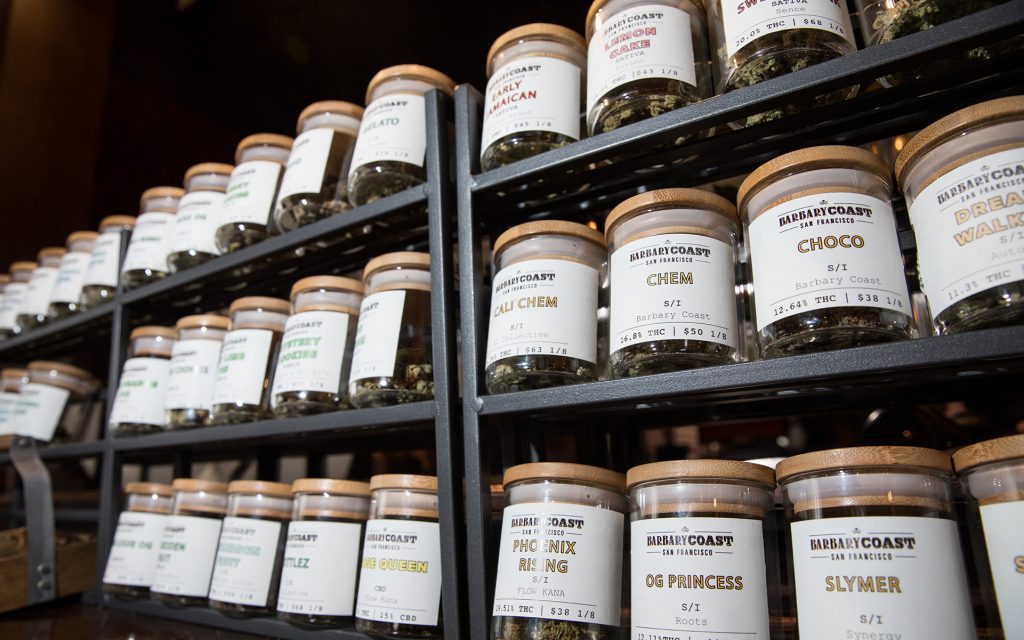Cannabis: It’s not just a plant anymore.

When we talk about cannabis, it includes a broad array of different products, including edibles, tinctures, topicals, creams, and drinks, with different formats for consumption. It’s not just a plant anymore. As such, confusion abounds from consumers – what is this cannabis product used for, where did it come from, has it been tested for safety?
What’s unique about cannabis regulation in the U.S. is that states are left on their own to figure out how to regulate these products. Unlike other nationally regulated products, there is no Universal Product Code (UPC) or National Product Directory that identifies and defines different cannabis strains and products. Operators can and do define their own products, often labeling the same strain under a variety of brands and nomenclatures. This leads to consumer confusion and uncertainty about what a product is, where it’s from and what impact it may have.
And as many U.S. states legalize cannabis, illicit operators have expanded opportunities to exploit the demand for products without following regulatory guidelines that ensure public health and safety. Cannabis products that are created by unlicensed operators leave consumers at risk of using unsafe, tainted, or recalled cannabis products often misrepresented as legitimate and popular brands.
SICPA is a trusted provider of product security and track and trace solutions for governments around the world protecting billions of products annually. These proven technologies, which authenticate products and prove compliance through secure markings, are now being used to protect consumers who use cannabis and hemp products from counterfeiting and fraud. Legitimate, licensed cannabis businesses can protect their brands and confidently demonstrate compliance with regulations. And government regulators have the needed transparency and controls to ensure enforcement of these important health and safety regulations.
This fall, we commissioned a national survey with the Harris Poll to explore cannabis labeling attitudes among U.S. adults, because we wanted to get their perspective on what tools regulators should consider to ensure the integrity of cannabis products.
The survey results were enlightening; a majority of consumers say they want safe, legal cannabis products, similar to the same assurance they have with the food they eat and the medicine they take. In fact, half of Americans (50%) strongly agree with secure labeling on cannabis products for assurance they have been legitimately sourced and appropriately tested.
The SICPA/Harris Poll shows there is a broad appetite among Americans for a more tightly regulated cannabis market where consumers can verify whether products are safe and legitimate and they are willing to pay extra for that assurance.
SICPA will continue to regularly poll U.S. consumers on their attitudes on various issues surrounding cannabis regulation and we look forward to sharing the results with the public. Stay tuned for our next poll due out in January 2022.

With more than 18 years of experience assisting state and local agencies in developing and adopting regulatory, policy and enterprise technology initiatives, Alex oversees SICPA’s relationships with more than 45 U.S. states and 160 municipalities, all of which use SICPA’s products for supply chain verification and control (including the SICPA track and trace program currently used by the State of California). As the Director of Business Development for Meyercord Revenue, a SICPA company, has developed new market opportunities for SICPA in emerging markets subject to excise tax including alcohol, OTP and medical marijuana. Prior to joining SICPA, Alex spent more than 12 years at Accenture and several years at Oracle.



